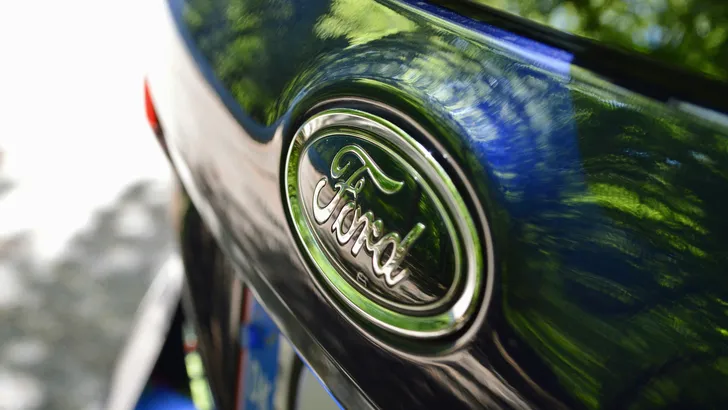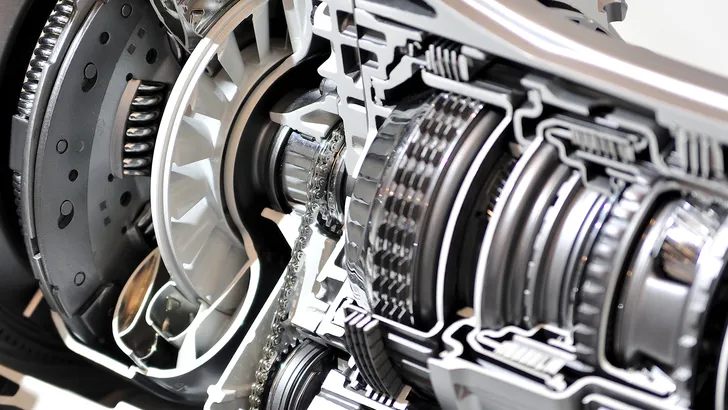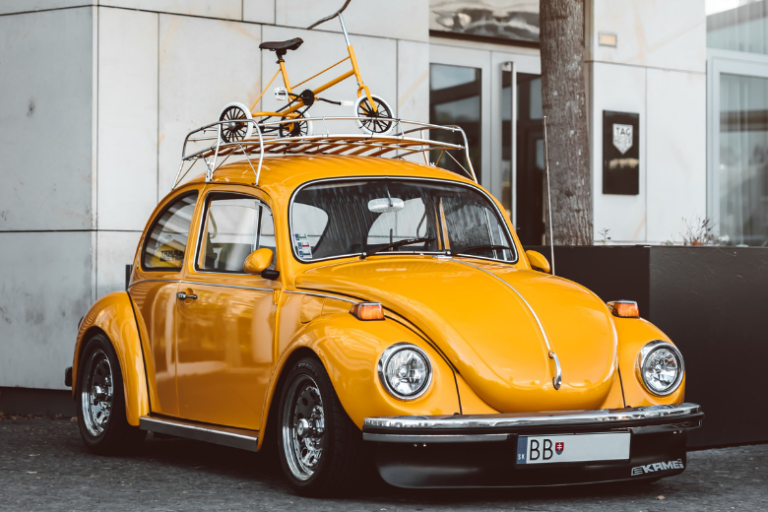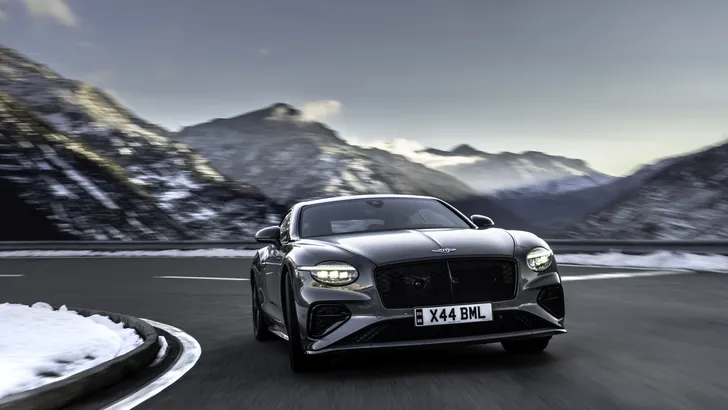Ford CEO found to have been driving competitor’s car for months
It turns out the CEO of Ford has been driving a different car than you might expect for quite some time. Not a Ford, but an electric car from China.
In the Netherlands we actually know Xiaomi mainly as a maker of smartphones, but in China the company does a whole lot more. TVs, drones, aquariums (yes, really!) and, of course, electric cars. Earlier this year, Xiaomi’s first car came out in China, the SU7. It is an electric sedan, the style that is wildly popular in China these days. The SU7 is well regarded as a high-quality model, better than many of its competitors.
And one of its competitors couldn’t agree more. Ford CEO Jim Farley appeared on the podcast Everything Electric and told there that he is hugely impressed with the car. “I’d rather not talk too much about the competition,” Farley began. “But that Xiaomi, it’s fantastic. They’re selling 10,000, 20,000 a month. They’ve been selling out for six months. This is a giant in our industry, and as a brand they are very much stronger than the car brands.”
And then comes the big hit: “I have one myself. We had it flown over from Shanghai to Chicago. I’ve been driving it myself for six months now and I never want to get rid of it.”
That the boss of one of the biggest car brands in the world drives a rival’s car is special enough. That’s a bit like the boss of Apple himself having a Samsung phone. But it’s even more striking given the timing. Europe has just announced stricter import duties on Chinese cars, and America is considering similar moves. In fact, if it were up to presidential candidate Donald Trump, no Chinese cars would enter the country at all.
Farley has long warned about the massive rise of the Chinese auto industry. When he took a trip to China himself, he came back with a serious warning: this is an existential threat.With huge numbers of brands in the local market and ever-higher quality individual models, it’s easy to see why Farley fears the arrival from China so much. In the same podcast, he draws comparisons to the Japanese brands like Toyota and Honda that were rapidly emerging in the 1980s and 1990s.







